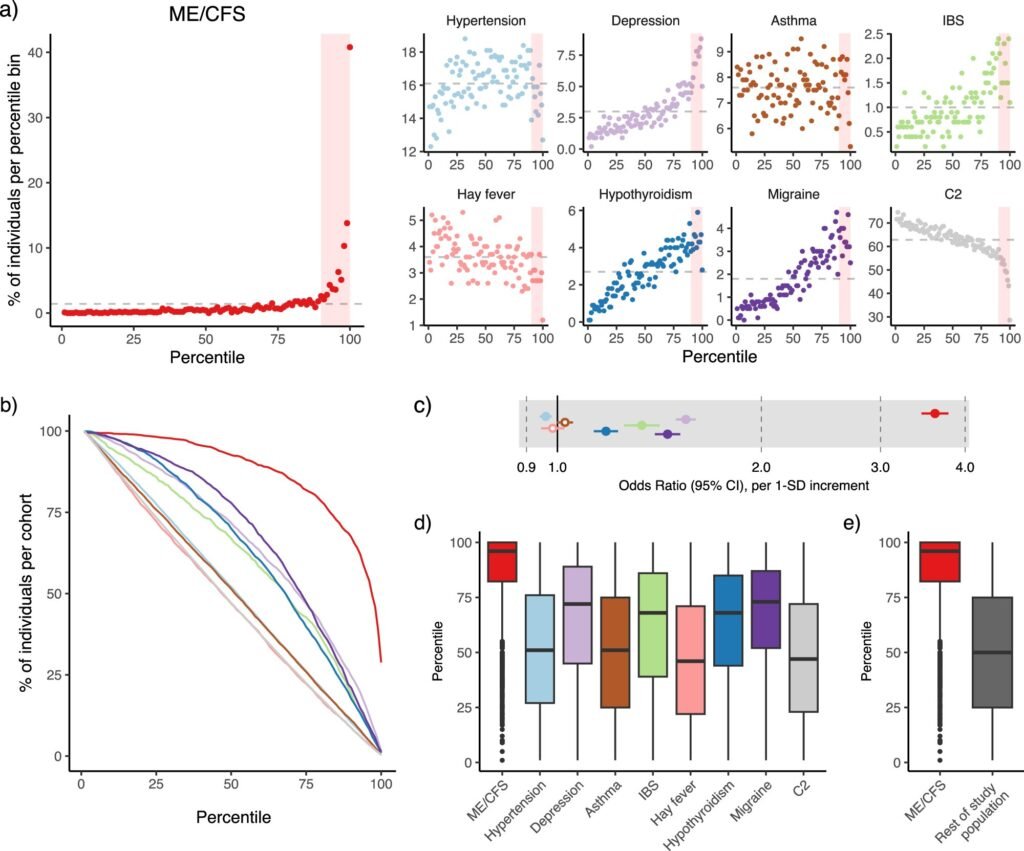Chronic fatigue syndrome, also known as myalgic encephalomyelitis (ME/CFS), is a debilitating condition that can follow various types of infections or stressful events. The symptoms of ME/CFS can be prolonged and severe, impacting the daily lives of those affected. Despite its prevalence, diagnosis and treatment options for ME/CFS remain limited.
One of the major challenges with ME/CFS is the lack of clear diagnostic markers. Patients often struggle to obtain a formal diagnosis due to the complex nature of the disease and the absence of specific biological markers. This makes it difficult for healthcare providers to differentiate ME/CFS from other similar conditions and comorbidities.
However, recent research published in the Nature journal Communications Medicine offers new hope for faster and more accurate diagnosis of ME/CFS. The study utilized data from the UK Biobank, a large-scale biomedical database containing information from half a million participants. By analyzing clinical and metabolite markers in over 1,000 ME/CFS patients, researchers were able to identify a set of 19 basic health factors and nine blood markers that could distinguish ME/CFS from other conditions with an 83% accuracy rate.
These findings shed light on the underlying biological mechanisms of ME/CFS, revealing inflammation and abnormalities in cholesterol and triglycerides as key indicators. While the diagnostic marker set is not perfect, it represents a significant step forward in the understanding and identification of ME/CFS.
The research team is now focused on translating these findings into clinical practice, with the goal of improving diagnostic accuracy and assessing treatment outcomes for ME/CFS patients. By providing clinicians with a more reliable way to diagnose ME/CFS, this study has the potential to transform the management of this complex and challenging condition.
In conclusion, ME/CFS is a serious illness that affects a significant portion of the population, yet diagnosis and treatment options have been limited. The development of diagnostic markers for ME/CFS represents a promising advancement in the field, offering hope for improved care and outcomes for individuals living with this debilitating condition.


